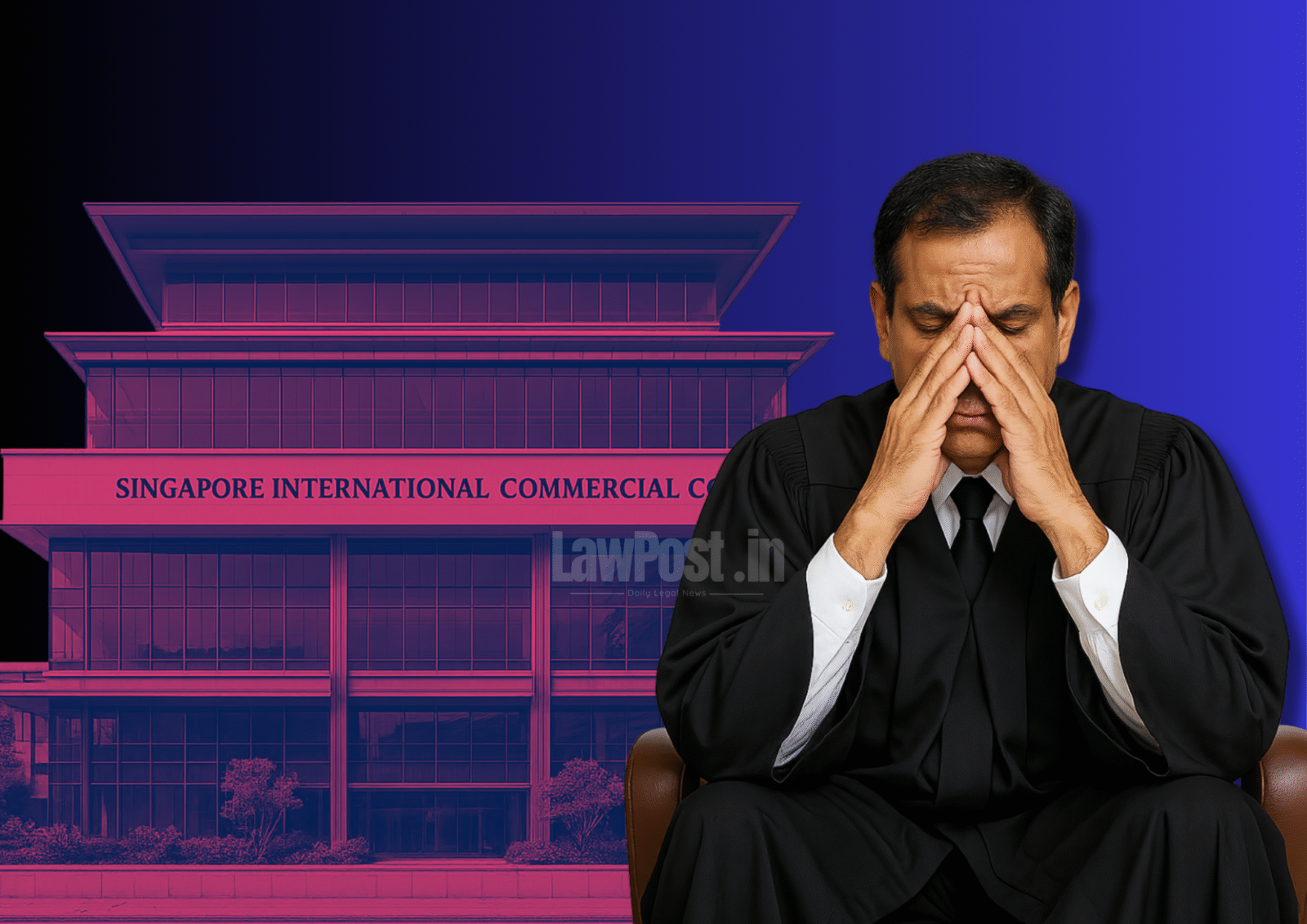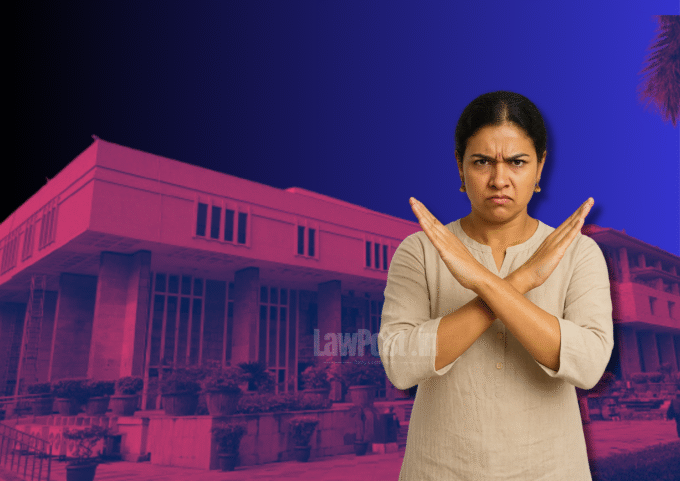In a major setback for a tribunal led by retired Indian judges, the Singapore International Commercial Court (SICC) has set aside a ₹80.29 crore arbitral award after finding that the majority arbitrators failed to apply their minds independently and relied extensively on “cut-and-paste” reasoning from previous cases. The Court held that this constituted a breach of natural justice and demonstrated prejudgment.
The three-member tribunal—chaired by former Chief Justice of India Dipak Misra, with Justice R. Banumathi and Justice Krishn Kumar Lahoti as co-arbitrators—delivered a 2:1 majority award in June 2024 in favour of a consortium of companies over a pricing dispute related to India’s flagship Dedicated Freight Corridor (DFC) project.
Justice Banumathi dissented, but the majority ruling—now invalidated—granted the defendants an upward adjustment of contract price and directed the Indian government-owned claimant to pay 80% of the arbitration and legal costs.
Tribunal Accused of Prejudgment and Legal Errors
Justice Roger Giles, who delivered the SICC judgment, found that the majority of the tribunal had “approached the arbitration with a closed mind” and had “largely used the CTP-13 Award as the basis for the [CTP-11] Award, with some textual amendment but extensive reproduction of the substance of its paragraphs.”
Out of 176 substantive paragraphs in the award, 157 were either copied verbatim or slightly edited from a prior award (CTP-13), which itself had borrowed heavily from earlier cases. The tribunal even cited an annexure and price adjustment formula not found in the contract under dispute and applied Indian law to award interest and costs, despite the arbitration being seated in Singapore.
Justice Giles ruled that this approach violated due process:
“While the tribunal does not sit with an empty mind, it must not sit with a mind closed by one arbitration to proper consideration of the evidence and arguments in the other arbitration… Having the same tribunal in related arbitrations does not give the tribunal license to carry over to one arbitration, without notice to the parties, the tribunal’s reasoning in the other arbitration.”
He added:
“It is clear that in the Majority’s reasoning and analyses, the CTP-13 Award was largely used as the basis for the Award… The breach itself creates the necessary prejudice, as an infringement of the party’s right to due process which necessarily taints the arrival at the decision.”
Dissenting View Ignored
In her dissent, Justice Banumathi had rejected the claim as time-barred and lacking adequate evidence. She noted that even if the claim were valid, the entitlement would have been significantly lower—only ₹34.26 crore as opposed to the ₹80.29 crore awarded.
Background of the Dispute
The arbitration concerned a November 2016 contract (CTP-11) for constructing a segment of the DFC. The defendants invoked a 2017 notification by India’s Ministry of Labour revising minimum wages to seek contract price adjustments under clause 13.7 (change in law). The claimant rejected the claim, citing clause 13.8 (price escalation) and a time bar under clause 20.1.
After failed attempts at amicable resolution, the matter was referred to arbitration under the International Chamber of Commerce (ICC) rules, seated in Singapore.
The final award was challenged by the claimant, alleging that the arbitrators:
- Did not apply their minds to the specific facts,
- Relied heavily on reasoning from other unrelated disputes,
- Applied legal principles and contract terms not applicable to the present contract.
The Verdict
Justice Giles concluded:
“The CTP-11 Award is set aside. The parties should endeavour to agree on costs… If agreement is not reached within 21 days, a joint letter to the Registry should set out the area(s) of disagreement and directions will be given for decision by the court.”








